Glaucoma Articles
This is the place for the latest information about our work here at Glaucoma Research Foundation and for current events in the world of eye health. All breakthroughs and insights are made possible through the dedication of researchers, and through the continued financial support and active involvement of the community.

Managing Your Glaucoma: A Long and Winding Road
Making healthy choices, seeing your eye doctor for check ups, and following your recommended course of treatment will help you to continue to live your life fully.

Innovative Research Leading to a Cure
Through the Shaffer Grants, Glaucoma Research Foundation invests in a wide variety of projects that increase scientific understanding of glaucoma.

Growing Up With Glaucoma: Michelle Cochrane Talks with Glaucoma Research Foundation About Her Diagnosis, Treatment, and Lifestyle
“I am about to share with you something very personal, something that I didn’t want people to know until a few years ago.”
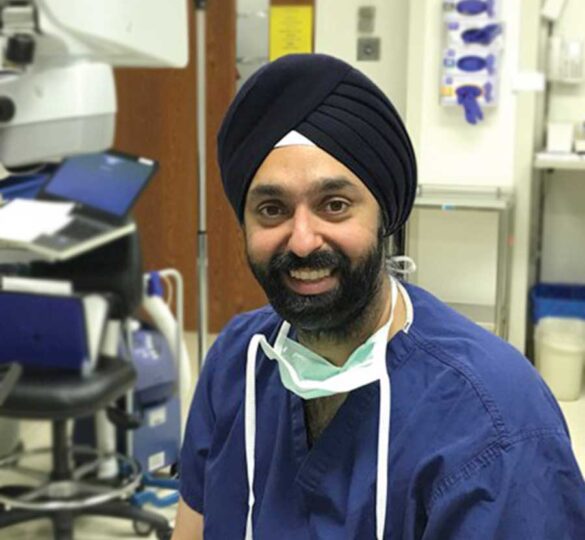
Exploring Treatment Options for Glaucoma: Medications, Laser Treatments, and Surgeries
Based on a number of factors, your glaucoma doctor will recommend the right treatment for you. This article discusses some of those treatment options.

Role of Antioxidants for Future Glaucoma Treatment Possibilities and Patient Options
Since oxidative stress is associated with damage to the optic nerve in glaucoma, you may wonder whether you should be increasing the antioxidants in your diet.

Getting Help If You Have Low Vision
Some glaucoma patients have lost significant vision, making some desired activities difficult.

Getting the Most Out of Your Treatment
“I know it’s important to understand my glaucoma diagnosis and my treatment regimen. What questions should I be prepared to ask my doctor to ensure that I’m getting the most out of my treatment?”
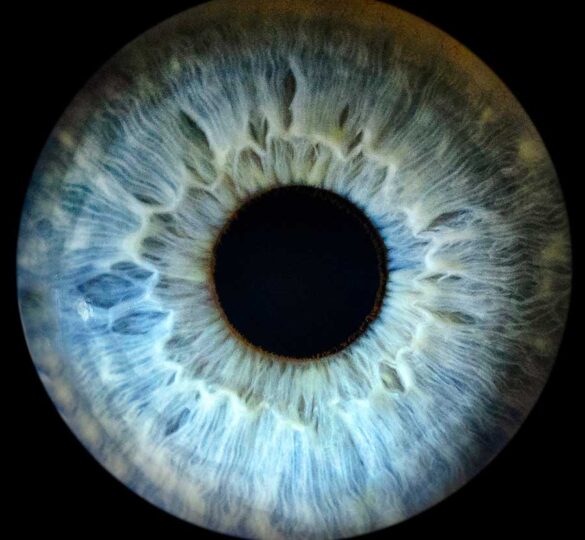
Zinc in the Retina May Indicate A New Way to Protect and Regenerate the Optic Nerve in Glaucoma Patients
Connecting pieces of information by finding a common thread often takes glaucoma researchers in unexpected directions.

Polymer Ring Drug Delivery System for Non-invasive Treatment in Early Glaucoma Patients
Using an insert, it should be possible to deliver a consistent dose of medication to the eye while reducing the initial sting or burn, with less of the medication lost to the tear duct or sinuses.

Looking at the Cost and Quality of Generic Prostaglandin Analogs in Glaucoma Treatment
Prostaglandin analogs (PGAs) are often the first treatment choice for many glaucoma patients, but rising drug prices mean they’re not always a viable option.
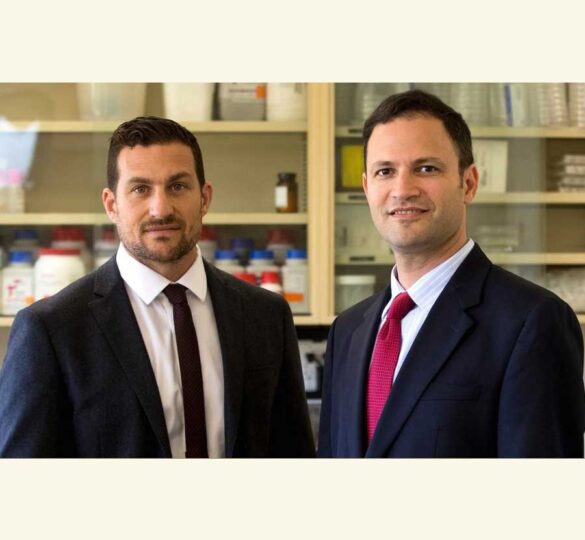
Catalyst for a Cure Biomarker Initiative: A Game Changer in the Fight to Protect Vision
“Two clinical trials are underway for vision restoration,” says Dr. Huberman. “These trials would not be possible without the identification of new biomarkers.”

Catalyst for a Cure Research Progress: Biomarker Initiative
Glaucoma Research Foundation established the Catalyst for a Cure Biomarker Initiative to help glaucoma patients preserve their vision.
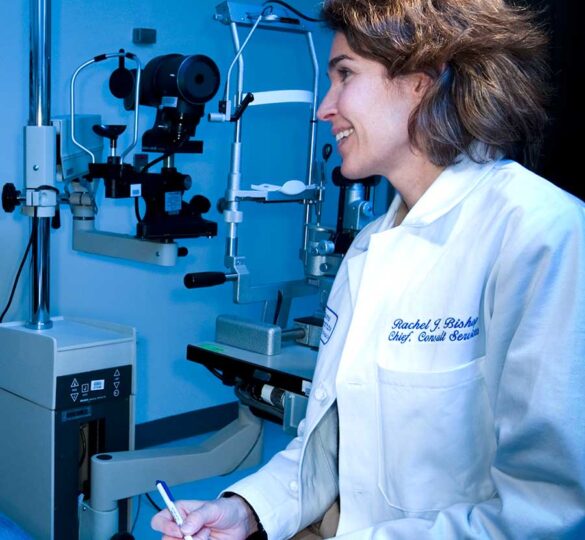
Using Cataract Surgery to Treat Glaucoma Could Be the Next Step to a More Effective Treatment for PCAG
There is evidence that the lens extraction and replacement method used for cataract treatment may be a viable option for primary closed-angle glaucoma as well.

February is Low Vision Awareness Month
For the millions of people who currently live or will live with low vision, the good news is, there is help.

Fighting Back Against Glaucoma: Donor and Glaucoma Patient Jerrold Keilson Discusses Volunteering and Glaucoma Research Foundation
“Everyone is confronted with obstacles in their life, and how you respond to those obstacles will reflect how you overcome them.” — Jerrold Keilson

New Research Can Help Find Solutions to the Challenge of Glaucoma in Developing Countries
Glaucoma in developing countries represents a significant health crisis.

New Research Suggests A Breakthrough In Understanding Normal Tension Glaucoma
Researchers are still in the early stages of exploring how this information can be turned into new glaucoma treatments.

A Guide to Sunglasses
Glaucoma can make eyes highly sensitive to light and glare, with some glaucoma medications exacerbating the problem even further.
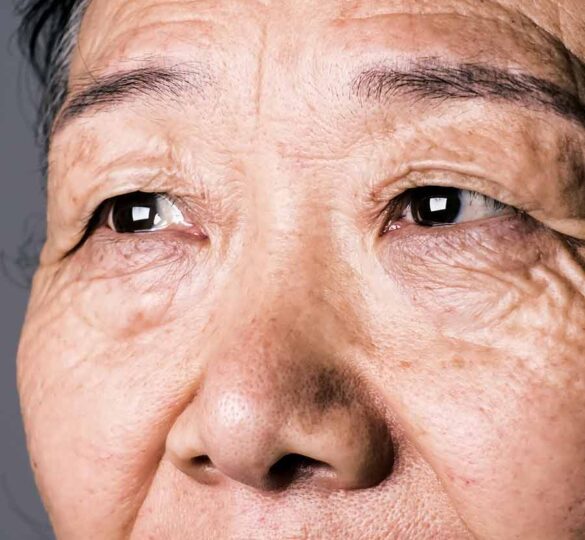
Low Vision Tips for Living with Glaucoma
If you or someone close to you has low vision due to glaucoma or another eye disease, here are some simple tips to help continue living an active daily life.

Dr. Tonia Rex Leads the Way with EPO Treatments That Fight Optic Nerve Degeneration from Glaucoma
“I am a researcher because I am driven to understand disease in order to treat it and be able to help people.”
– Tonia Rex, PhD

Low Vision Tip: Portable Electronic Magnifiers
For patients with visual impairments, a common problem is small print access.
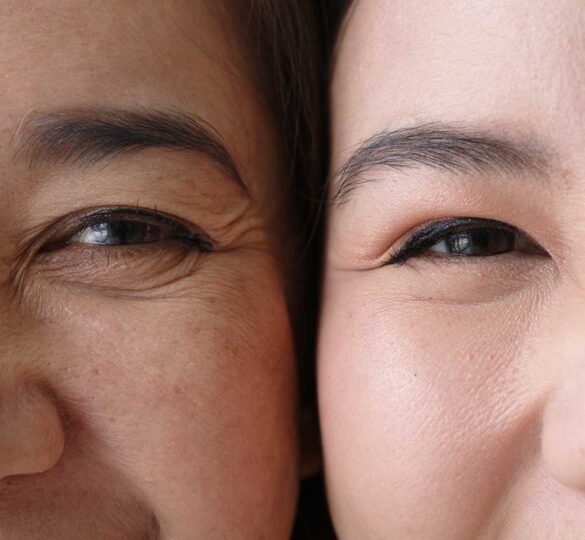
Glaucoma In Asian Populations
East Asians experience the highest rate of blindness in the world from one of the two most common types of glaucoma.

Biomarkers and Drug Discovery: Jeffrey L. Goldberg, MD, PhD
Dr. Goldberg talks about the Catalyst for a Biomarker Imitative and its impact on glaucoma research.
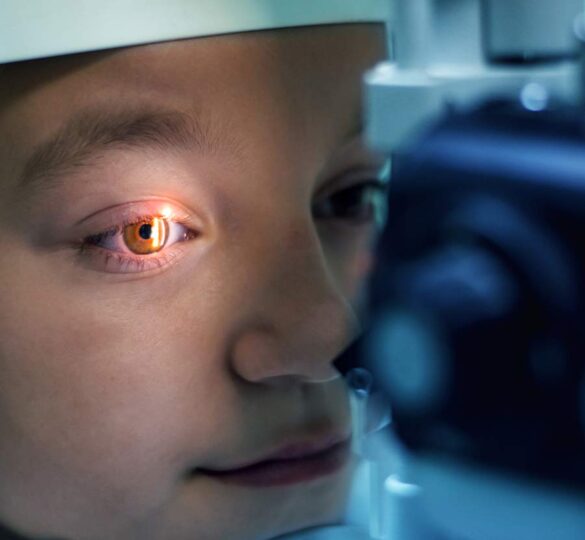
Does Your Child Have Glaucoma?
In this article we share some things that you can do to be on the lookout for glaucoma in children.

Recent Advances in Glaucoma Treatment – What Do They Mean for Patients?
New advances aim to make glaucoma treatment easier and more effective.